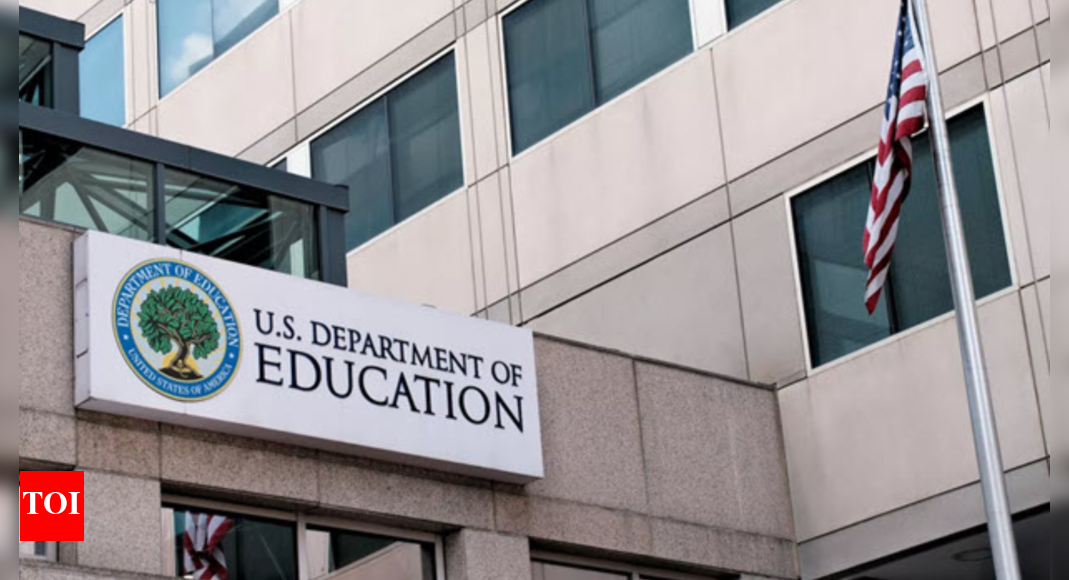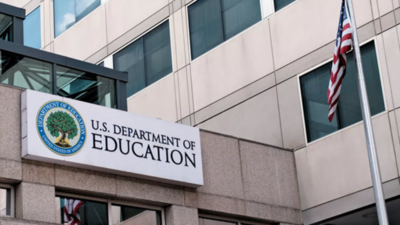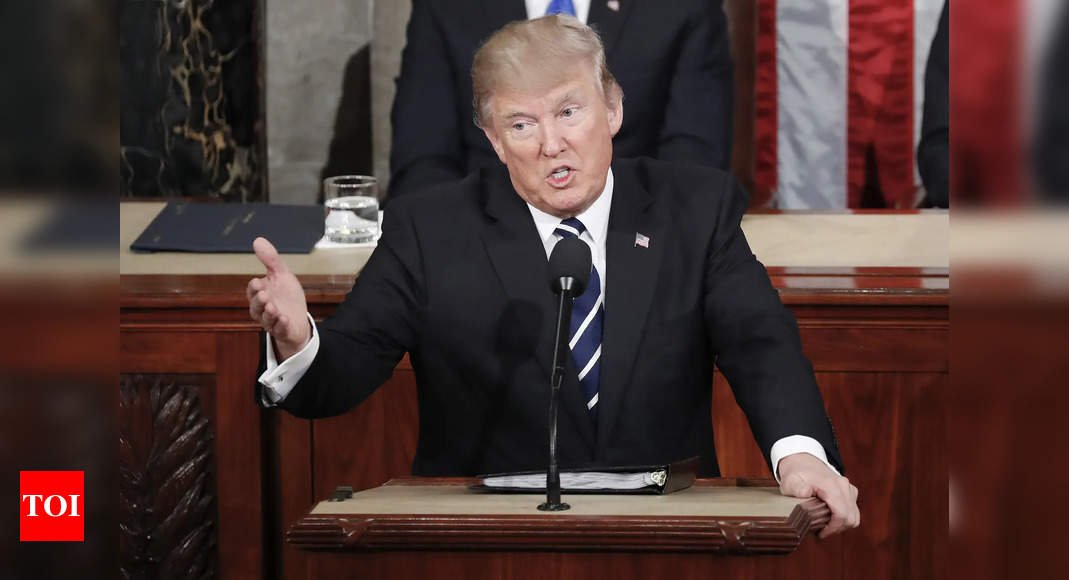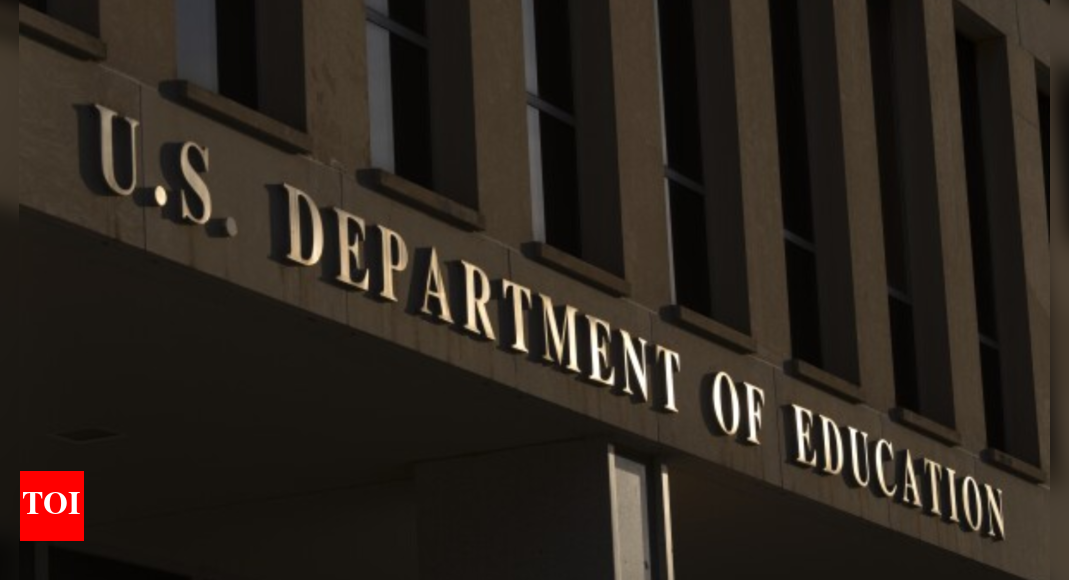The US Department of Education issued a “Dear Colleague” letter on February 14, 2025, which has ignited a wave of criticism across the higher education sector. The letter, aimed at ensuring compliance with federal anti-discrimination laws, includes directives on race-neutral policies for hiring, promotion, compensation, discipline, and housing. These mandates have raised alarms among universities nationwide, with many fearing potential funding cuts if they do not comply.
More than 2,000 colleges and universities have reacted swiftly, calling the letter an overreach and a threat to institutional autonomy. Critics argue that the letter’s broad and vague language could undermine diversity efforts, stifle innovation, and create a chilling effect among institutions of higher learning. The Education Department‘s emphasis on race-neutral criteria has particularly raised concerns in light of the recent Supreme Court ruling in Students for Fair Admissions v. Harvard (2023), which upheld race-neutral admissions practices but did not mandate the elimination of diversity considerations.
Controversial mandates spark backlash
The Education Department’s letter outlines directives that have provoked widespread concern. Among the most contentious provisions are the calls for institutions to adopt race-neutral criteria in hiring and promotion decisions. The letter also directs colleges to scrutinize their compensation practices to ensure no “disparate impact” on protected groups, raising fears of subjective enforcement. Furthermore, the letter urges universities to reconsider disciplinary policies that may disproportionately affect certain groups and to re-evaluate housing practices, even those based on student privacy and safety.
The National Association of College and University Attorneys (NACUA) has warned that the letter’s vague language could lead to confusion and costly litigation, reports Forbes. Some universities have pledged to continue their current practices, awaiting more specific guidance. However, others are scrambling to interpret the letter’s directives, fearing loss of federal funding if they do not comply.
Legal experts divided on enforceability and implications
Legal scholars are divided on the enforceability of the “Dear Colleague” letter. Some believe that the letter lacks the force of law due to its failure to go through the formal rulemaking process, which is required under the Administrative Procedure Act (APA). However, others argue that the Education Department may use the letter as a basis for investigations or funding cuts, even if the directives are ultimately struck down in court.
In an interview with Forbes, Ted Mitchell, president of the American Council on Education, stated that colleges may face a dilemma, as premature compliance with the letter could erase programs that courts later uphold as legal. This legal uncertainty has left many institutions uncertain of how to proceed.
College presidents voice concerns over federal control
College leaders have voiced concerns that the letter represents an overreach by the federal government, threatening the independence of higher education institutions. Prominent university presidents have warned that the vague language and lack of clear definitions leave colleges at risk of non-compliance, suggest media reports. Institutions are being urged to proceed cautiously and consult legal experts to ensure they are in compliance with existing laws and Supreme Court rulings, rather than hastily implementing the new mandates.
As the legal and political battles unfold, many in the higher education community are left questioning whether the Education Department’s approach is a genuine attempt at fairness or a power grab aimed at imposing ideological control over college campuses.

US colleges brace for potential funding cuts as Education Department’s controversial ‘Dear Colleague’ letter sparks nationwide backlash
Most Read
Author Details

Bebisha Wagle
Members of Kanta Dab Dab, a band specialising in fusion of local Nepali and Western music elements, talk about their…
Advertisement

Recent News






